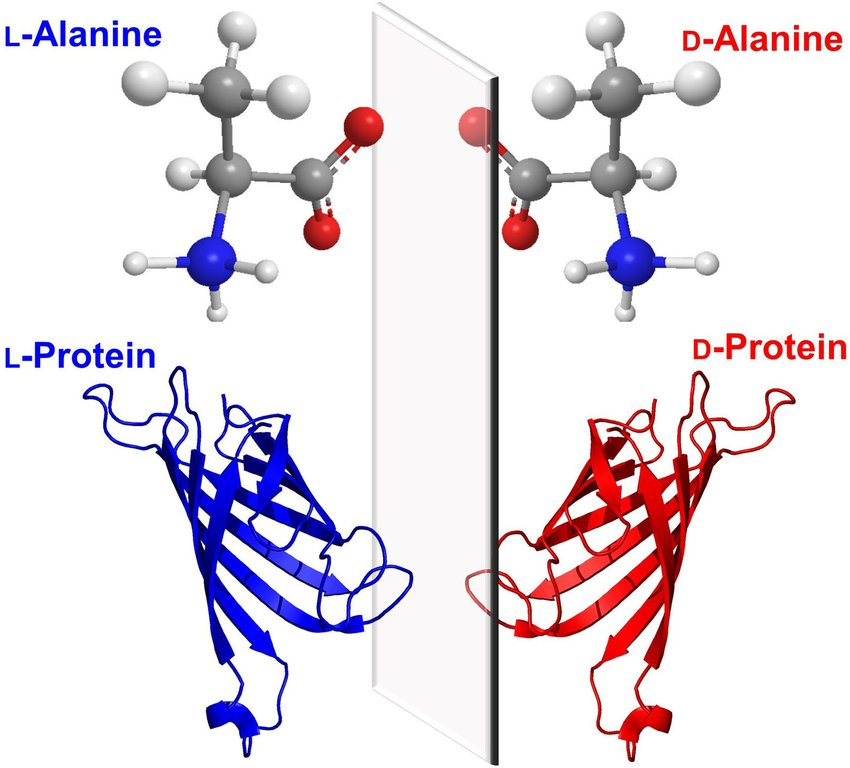Social media sites host a large number of adverts, which frequently make alluring claims about various services. However, you should proceed with caution because some of these Facebook adverts have been shown to contain malware. Ads for artificial intelligence (AI) programs, which claim to provide huge user benefits but actually pose security risks, are of special concern.
Out of curiosity, users may be persuaded to click on or mistakenly open these advertising. Unfortunately, these actions may result in the download of malicious viruses or threats. According to a recent CheckPoint analysis, threat actors are using fake adverts on social media sites such as Facebook to disseminate malware. These advertisements fraudulently promise access to AI software via given URLs, but ultimately lead people to download malware files instead.
The ads often focus on AI-related services such as OpenAI’s ChatGPT, Midjourney AI, and Google’s Bard, using dedicated landing pages to deceive users. The downloaded malware remains undetected, making it challenging for users to realize they have been infected. While the ads may offer exclusive access to premium content or features, these claims are deceptive and can be harmful to users and their personal information.
The malware is designed to steal personal and sensitive information, including crypto wallet details. Clicking on online links can have varying outcomes, both positive and negative. This situation serves as a warning that not everything can be trusted, and some entities may have malicious intentions. Recently, a type of malware called Qbot was found to infect users without their knowledge, exploiting PDF and WSF file downloads.
In the past, social media platforms faced issues with “click baits,” which enticed users to click on certain content. Although the term may sound outdated, the problem persists. Nowadays, these click baits not only direct users to ad-heavy websites but also harbor malware that can steal information or deploy ransomware and adware.
The importance of internet safety cannot be overstated, given the increasing creativity and sophistication of threat actors, who now have easier access to systems and devices. While not all Facebook ads are malicious, those promising superficial benefits through AI apps have been found to contain undetectable malware that steals personal information. It is essential to remain vigilant and cautious while engaging with online content.







